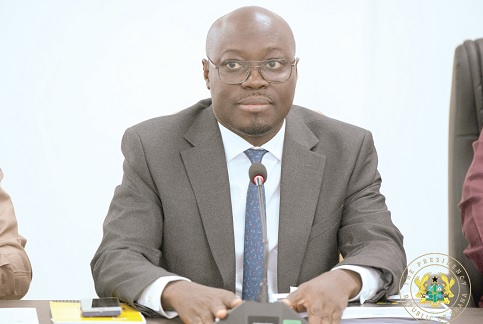The 2026 budget presented by Dr Cassiel Ato Forson, positions next year as the year Ghana ultimately goes from recovery to meaningful change.
The government says the period of emergency measures is coming to an end and that the focus now shifts to growth, jobs, infrastructure and productivity.
On paper, that shift is exactly what the country needs.
After years of economic strain, rising living costs and fragile stability, people want a pathway that feels lasting and predictable.
But for this transformation to mean anything, it must speak directly to the lived reality of Ghanaians, especially the young people who continue to pay the price of an economy that cannot absorb their skills or ambitions.
The tragic incident at the military recruitment exercise last Wednesday remains a painful reminder of the scale of Ghana’s unemployment crisis.
Thousands of young people gathered for a chance at a stable job, only for some to lose their lives in the crush.
These were not reckless thrill-seekers; they were job-seekers.
Their desperation mirrors the frustration many feel when they hear promises of job creation that never materialise.
No national transformation can be taken seriously if young people are still lining up in dangerous, overcrowded conditions for a handful of openings in the security services.
The death of six ladies last Wednesday underlined why jobs must sit at the centre of the national agenda, not as a bullet point in a budget speech, but as a measurable outcome.
The budget’s emphasis on infrastructure, agriculture and productivity is encouraging, but ambition alone is not enough.
The government must demonstrate that the conditions for a genuine shift have been established.
Communities want to see consistent prices, affordable credit, investments that actually reach them and opportunities that feel attainable rather than exclusive.
A transformation narrative cannot thrive when households still feel economic pressure.
For this reset to work, job creation must be tied to sectors that can grow quickly and absorb large numbers of young people, agro-processing, construction, digital services, manufacturing and transport.
Infrastructure spending must connect real value chains, not simply add to political talking points.
Productivity must be supported by training, tools and access to finance, particularly for the informal and rural sectors that drive so much of the economy.
The budget has set a hopeful tone, but the country has run out of space for symbolic announcements.
Ghanaians will judge this transformation by outcomes they can feel: more jobs, safer recruitment processes, better roads, stronger markets and an economy that lifts people instead of pushing them to the margins.
